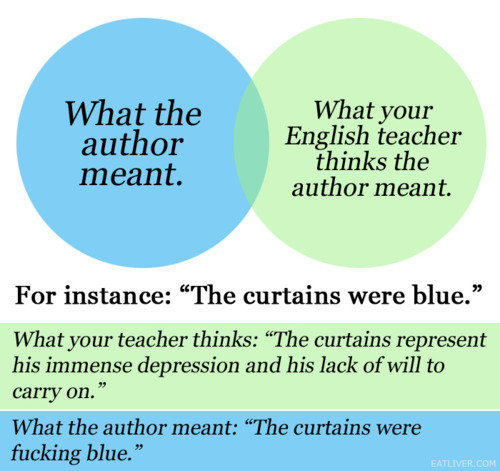If you want to wrestle with something that’s strange and ambiguous then Waiting for Godot might be worth a try but no promises that you’ll enjoy it or even find any merit in it.
-Imran
-Imran
Samuel
Beckett is an Irish-born English and French author who first published Waiting for Godot in French in 1953.
While his career is full of novels, Waiting
for Godot is possibly his most famous work having sparked numerous
controversies, debates and interpretations over the years. It’s subtitled as ‘a
tragicomedy in two acts’ and has previously been described by critic Vivien
Mercer as a play in which ‘nothing happens, twice’. After reading it myself, I
don’t think I disagree with this too much.
Waiting for Godot tells the story of two
apparently-homeless men, Estragon and Vladimir, as they stand around a tree and
literally… wait for Godot. Why they’re waiting for Mr Godot or who he is left
unanswered but in the context of the play it barely even seems
important. There’s a possibly senile man named Pozzo, and his manservant Lucky,
that comes by now and then and a boy from Mr Godot who briefly relays messages
but that’s pretty much all there is to it. Just two homeless men waiting around
a tree and talking for 90 pages. Waiting
for Godot is characterized by a complete lack of plot, sequence or
narrative and perhaps this is what makes it unique.
Because
there’s no denying that it is unique; I can’t say that I've read anything
before that even closely resembles it. The dialogue has a peculiar styling to
it and the characters all behave and speak in a bizarre way, as though they’re
all suffering from brain damage. Indeed, they barely seem to remember anything
that happens to them, which contributes to the strange dreamlike atmosphere that
the play has.
You might think that a play which is almost entirely focused on the interaction between two characters might be full of deep conversation but one could hardly call the dialogue in Godot profound. For most of the play, Estragon and Vladimir are concerned with mundane activities such as trying to get Estragon’s boots off or swapping hats. The dialogue, and also the play itself, is full of small and large repetitions which, combined with the fact that the play literally goes nowhere, gave me the impression that I was reading something that resembled Escher’s Stairway.
Many have tried to interpret the play and what it all means over the years and some have tried to find existentialist, philosophical or psychological narratives in the dialogue. For me, you really have to dig deep and make assumptions if you’re trying to draw out that kind of interpretation, which may lead to the ‘Blue Curtain problem’ (see below). To me, no particular subtext really jumps out. The play is ambiguous and dreamlike and part of me wonders if it literally is just about two guys waiting for someone who’s never going to come.
You might think that a play which is almost entirely focused on the interaction between two characters might be full of deep conversation but one could hardly call the dialogue in Godot profound. For most of the play, Estragon and Vladimir are concerned with mundane activities such as trying to get Estragon’s boots off or swapping hats. The dialogue, and also the play itself, is full of small and large repetitions which, combined with the fact that the play literally goes nowhere, gave me the impression that I was reading something that resembled Escher’s Stairway.
 |
| Escher's stairway is an optical illusion that seems to be going up but is actually going nowhere |
Many have tried to interpret the play and what it all means over the years and some have tried to find existentialist, philosophical or psychological narratives in the dialogue. For me, you really have to dig deep and make assumptions if you’re trying to draw out that kind of interpretation, which may lead to the ‘Blue Curtain problem’ (see below). To me, no particular subtext really jumps out. The play is ambiguous and dreamlike and part of me wonders if it literally is just about two guys waiting for someone who’s never going to come.
In
conclusion, Godot is a short read, it feels unique and may give you something
to think about. But it’s not the kind of thing I’d say I enjoyed reading. I
didn’t dislike it but it’s another one of those books that I’m glad to ‘have
read’.
If you want
to wrestle with something that’s strange and ambiguous then Waiting for Godot might be worth a try but no
promises that you’ll enjoy it or even find any merit in it.
See you next
week








No comments:
Post a Comment